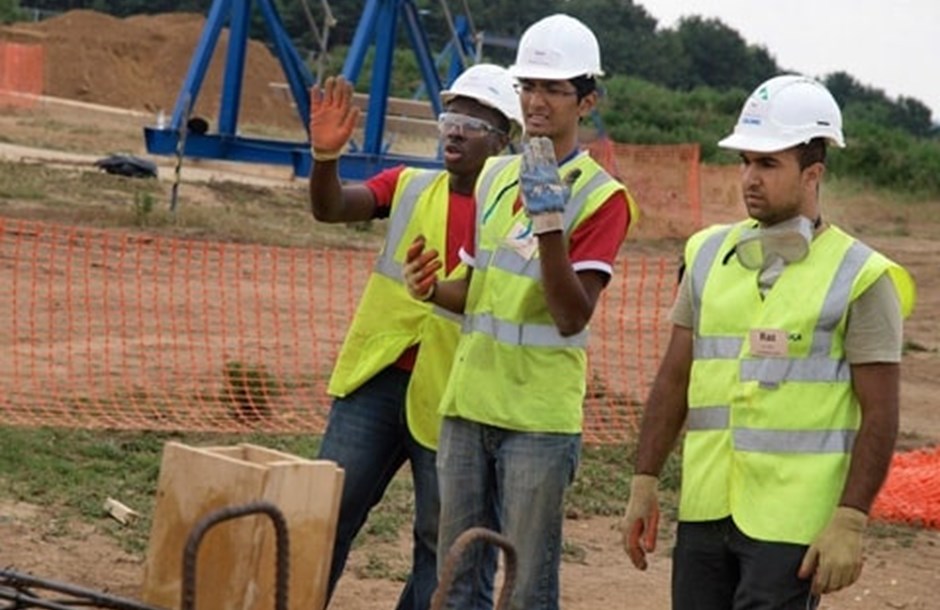Construction and ethnic diversity
Construction firms with ethnically diverse workforces can better represent and serve their clients. The industry has woken up to this, offering would-be employees more opportunities.
Inclusion of employees with ethnically diverse backgrounds
Evidence shows that people from ethnic minority groups are now entering the construction sector and progressing. And future opportunities look set to grow.
With the UK population projected to become more ethnically diverse, and to be a source of significant future revenue, the inclusion of employees from ethnic minorities is essential for the construction industry.

Why is ethnic diversity in the construction industry better for employees and clients
An ethnically diverse workforce can make a company not only more attractive to would-be employees. It’s also more attractive to customers and more innovative in its approach. As one interviewee working in construction said in a survey:
“We deliver services in areas where there is a high BAME* population, but we’re not based in a similar area. I feel we need to have a BAME workforce to be representative of our client group.”
Another interviewee also thought he would be more competitive if his workforce were more ethnically aligned with his diverse customer base.
Another said: “If we have a more diverse workforce we will have better ideas. If we don’t innovate we won’t be forward-looking. This is about the team coming together, working together with different perspectives, and it’s got to be positive.”
If we have a more diverse workforce we will have better ideas. If we don’t innovate we won’t be forward-looking.
DIVERSITY SURVEY
Celebrating Black History Month
What is Black History Month?
Black History Month is an annual awareness campaign that aims to promote the achievements in British society of non-white people of African American, Caribbean and Asian descent.
When is Black History Month?
Black History Month is held in October in the UK (it is in February in the US).
Why is Black History Month important?
Black History Month is important because it highlights the experience of black people in the UK, both historically and today. It tells the stories of how black people and those from ethnic minorities have overcome challenges and prejudice, fought for social justice, greater economic opportunities and political representation.
Black History Month reminds decision-makers and employers in construction that improving ethnic diversity is essential for the future of the industry, and the way it is perceived.

The Equality Act 2010: Outlawing Ethnic Discrimination
Opportunities for ethnic minorities are further boosted by the law. Not only does the Equality Act 2010 outlaw ethnic discrimination, but it also includes powers that enable public bodies to use procurement to drive equality.
In short, if a public body contracts with a construction firm that is found to be acting in a discriminatory way, the public body can be held accountable. This is aimed at putting contractors’ business cultures under the spotlight.
Find out more about the Equality Act 2010
Discover more about Ethnic Diversity in Construction today
To find out more about diversity in the construction industry and Black History Month, visit any of the resources and links below.
(BAME* is a term that was used widely until recently to describe people from Black, Asian and minority ethnic backgrounds. Go Construct no longer uses this term, but there may still be historical references to BAME, and in attributed quotations and the names of organisations, on the Go Construct website)
